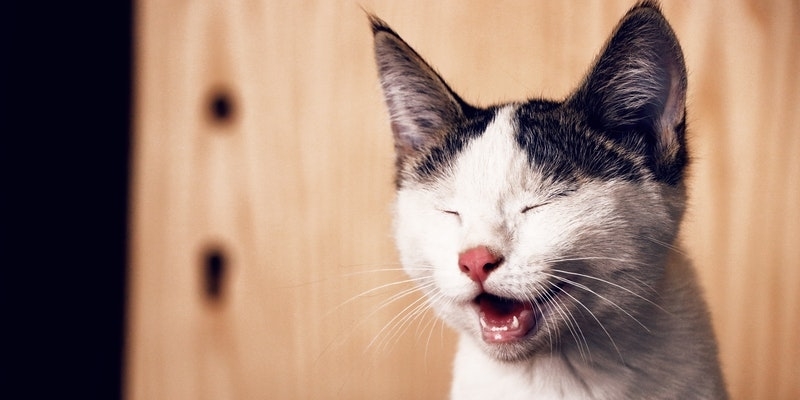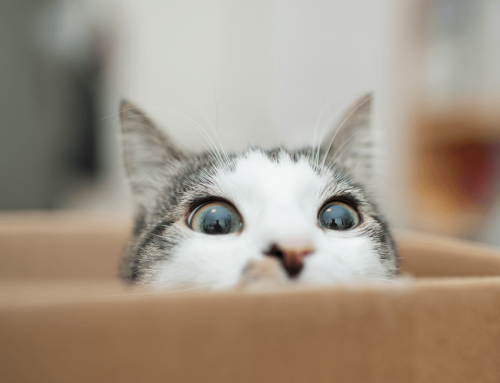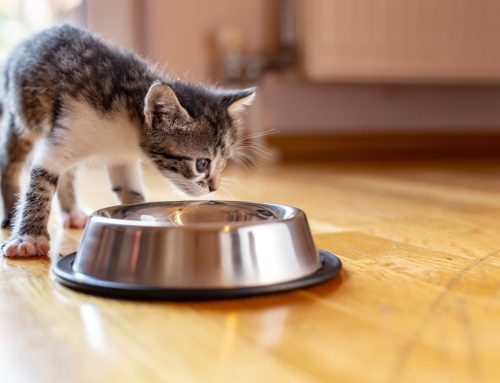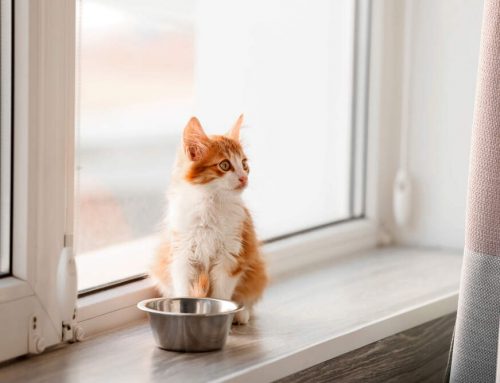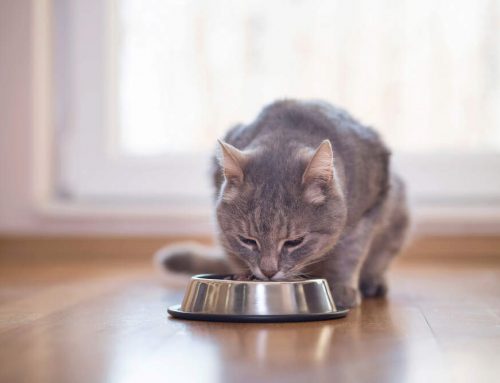The most important part of a dog’s or cat’s immune system is their diet. A healthy diet of dog food provides protein, vitamins, minerals, antioxidants, and other essential nutrients that help to balance and support their immune system. Learn the facts about your pet’s nutritional needs so that you can choose the food that will make them happy and strong.
What is the function of the immune system?
Your pet’s immune system is the innate line of defense that works to keep their body healthy and to prevent illnesses. On the front lines, it fights bacteria, viruses and other organisms that pets (and people) come into contact with all of the time. But it also works behind the scenes, making sure that cells are functioning properly and fixing or stopping those that aren’t. An immune system depends on balance—a weak system can’t fight illnesses properly while an overly strong system can generate problems of its own. Immune system support for dogs and cats depends on promoting good health, overall, through exercise, a healthy diet and regular veterinary checkups.
These good habits are the best ways to support the immune system, but we’ve put together some extra nutritional tips to help your furry best friend feel their best.
Nutrition Facts to Support Your Pet’s Immune System
Protein
There are some nutrients that are especially important to a pet’s body and should always be a part of their diet. Proteins and amino acids are the building blocks of muscles but they also increase T-cell immune function. T-cells are a type of white blood cell that both controls immune reactions and participates in them, finding and destroying the bad cells. Protein supports the function of these cells, making the immune response more accurate and effective. A healthy, high-protein pet food will contain the necessary amino acids and proteins to support a resilient immune system.
Fatty acids
Fatty acids are another important nutrient for maintaining a healthy immune system. Omega-6 and omega-3 fatty acids are considered essential fatty acids because an animal’s body does not naturally produce them. Feeding your pet food that contains these nutrients (cat food formulas that contain fish, for example) assures that they’ll get the amount they need.
Antioxidants
The key to maintaining good health for pets is a diet that provides the right nutrients in the right proportions. Too much of some antioxidants, such as vitamin C, could be more harmful than helpful to pets. Additionally, not every supplement label is accurate, so be sure to consult your vet, first. Of course, a supplement doesn’t have to be a pill: avocados and some other whole foods are naturally full of antioxidants.
Probiotics
Probiotics are gaining more attention as an important part of a dog or cat’s healthy immune system that they are. These nutrients bring beneficial microorganisms into your pet’s digestive system, helping with digestion and maintaining that essential chemical balance in their body. Since most of an animal’s immune system is located in its digestive tract, probiotics help keep this important internal environment well-balanced and healthy.
Vitamins and Minerals
Pets need lots of vitamins in their diet, including A, the Bs, C, D and E. Vitamins A and E, especially, directly support the immune system, but all of them contribute to the complete diet that makes a body happy. Selenium, a trace mineral, works with vitamin E to protect cells. And zinc, a powerful antioxidant, supports the immune system while also supporting brain function and maintaining skeletal development.
Differences Between Immune System Nutrition for Cats and Dogs
A major difference between felines and canines is that cats are obligate carnivores. Your cat can’t survive without eating meat, while your dog can get by solely (but not ideally) on plant-based food sources. This is because of some differences in their respective nutritional requirements. Cats, unlike dogs, cannot get vitamin A from plants because they don’t have the enzymes to extract it. They have to consume it as preformed vitamin A in meat. They must get their niacin, a B vitamin, in the same way.
Cats are also much more sensitive to food lacking in the amino acids arginine and taurine. Felines have strict needs; while dogs can enjoy a relatively flexible diet, it’s important to feed your cat species-specific food. A proper, healthy diet is the best way to promote immune system strength and overall well-being.
Are Vitamin and Mineral Supplements Healthy for Pets?
You might be tempted to toss vitamin and mineral supplements into your pet’s food to support their immune system, but are they necessary or beneficial? The truth is, your dog or cat probably doesn’t need them. A high-quality food will provide exactly the nutrients they need for immune health. Over-supplementation can do more than empty your wallet: studies have shown that too much of certain nutrients can produce negative effects. In cats, especially, too much of some vitamins and minerals can be harmful to the body and weaken the immune system.
The immune system of your dog or cat keeps them happy and safe but it depends on the correct nutrition to function at its best. The right diet will give them strength and energy. Learn more about your pet’s nutritional needs in order to provide them with the perfect pet food that will keep them healthy.
SOURCES
- “Cat Nutrition Tips.” ASPCA, ASPCA.
- Coates, Dr. Jennifer. “Optimal Nutrition Gives the Immune System a Boost.” PetMD, PetMD, LLC, 10 Dec. 2012.
AvoDerm Natural is a registered trademark of Central Garden & Pet Company.

